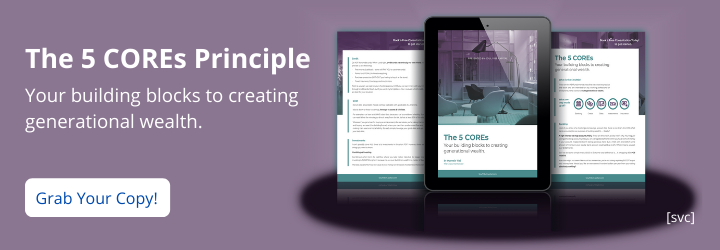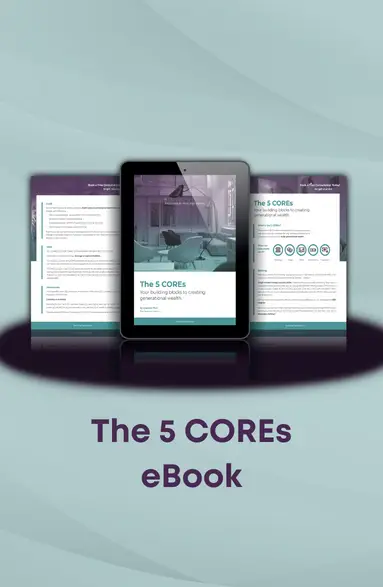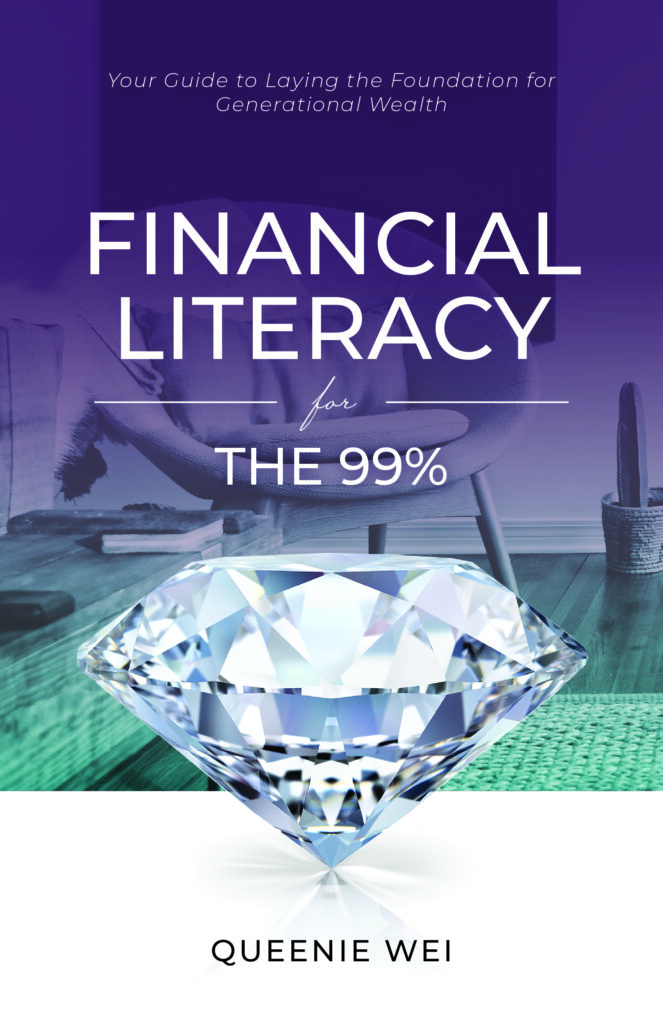I might date myself here, but this is how I remember opening my first bank account.
I was around 9-10 years old at the time and I distinctly remember sitting in the bank office with my dad at Canada Trust (BEFORE TD bought them out). We were signing papers and then the moment had come…. I got my first “book”. It was called passbook or bankbook.
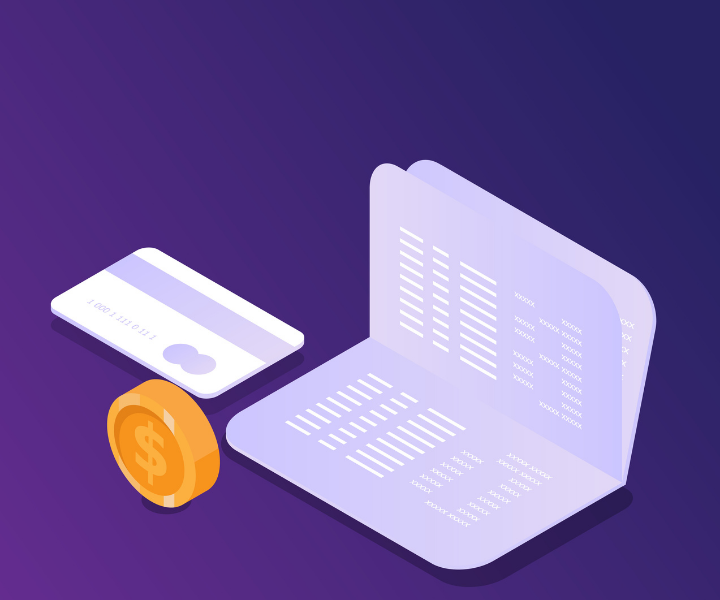
Now, mind you, it was the coolest thing ever – even though the account balance said $0.00. My dad at that moment gave me $20 and said, make your first deposit. And there, ladies and gents, my very first savings account was set up at a big branch/brick and mortar bank.
No idea or education about interest, compound interest, or ANYTHING about financial literacy (now, not to blame my parents, they simply didn’t know any better).
In all my years of having this bank account, I earned approximately… *drumroll please*
… $10.20
I’m 27 now. So in the last 17-18 years, I made around $10 in interest with a basic savings account. Not quite the financial plan we’re hoping for.
Thankfully, there are different types of savings accounts that won’t take a million years to grow your money – but not at all are created equal. Keep reading to learn more about the different types of savings accounts that you can use to your advantage.
The Basic Savings Account
As you can see from my introduction, it’s pretty easy to get setup with a basic savings account. Almost every bank will offer one when you begin banking with them. They are typically the first type of account you will ever be set up with.
However, there is a downside. Basic savings accounts typically don’t provide enough interest to be worthwhile in the greater scheme of creating wealth, but they are at least a start. Now if you’d like to know how we made over $16.00 in ONE MONTH from interest alone, read on about additional options available to you.
The Tax Free Savings Account (TFSA)
The crown jewel as Canadians – our tax free savings account. If you’re an American, a ROTH IRA account will do the same (there are differences of course, but both are tax free).
The interest earned in any bank account is classified as “interest income”, meaning it’s taxable. So you can see the allure in a tax free savings account (TFSA).
Compounding interest growing tax free? Sign me up right?!
However, that’s ALL most Canadians seem to do. Now, if you are ONLY using your TFSA to save, it’s still just accumulating dust because although it’s called a “savings account” it’s not really meant to just “hold” your money.

There’s nothing wrong if you choose to do this, but there are other ways to maximize your TFSA that can help with your retirement, investments, and in building wealth. One way is to leverage your TFSA for your retirement, which I talk about in my framework using the 4% rule.
The High Interest Savings Account (HISA)
This is seriously one of my favourites, because not only are you getting paid in compound interest (basic savings accounts only give you simple interest), but the funds here (depending on which account you use) are actually liquid!
Some people don’t like these accounts because they think it’s tying your money down or lacks liquidity (meaning you can’t move it around when you need it). But that’s simply not true.
Even within high savings or “high yield”, you might discover there are many accounts and you need to do your own research to figure out what works best for you. To help you muddle through the information out there and ease the overwhelm, claim your free 1:1 here and I can point you in the right direction.
Here’s why a HISA are one of my favourite tools for emergency funds or short term savings:
They range between 0.5-2% – which believe it or not is much higher than a basic savings account. With some simple math, this means it typically yields 95% MORE than your basic savings account. So to put this in numbers, my $10.20 earned through 17 years of putting my money in a savings account just earned me over $16.00 in one month which means if I started with this I now would have $3,264
Let’s make sure we got this…. $10.20 vs $3,264 in the EXACT same amount of time with the exact same money. Now that’s over 17 years, so if I kept the same amount it’ll be closer to $192/year.
You might be thinking this might not seem like much, but remember, you’re not doing anything EXCEPT putting your money here. How would you like an extra several hundred dollars per year doing absolutely nothing?!
What should I Get?
Now that you know your options, the question becomes – which one is right for you?
My personal belief and what I teach our students at SVC is that there is no ONE size fits all answer. While I deeply urge you to get a high interest savings account to help you not lose your hard earned dollar each year, the decision is ultimately what works best for you, your lifestyle, and your goals.
Most importantly, I will never shame you into making a decision because it’s simply “best practice”. The truth is, there are many ways you can manage your finances and create wealth. The ones I’m sharing here are simply what I teach and practice myself to build wealth.
Nevertheless, if you want an EASY way to keep your funds accessible (like an emergency fund) but you don’t want the hassle of investing and actively managing your money, then a high interest savings account like the one frmon EQ Bank, would likely be your best bet.
Remember, your finances are YOUR finances at the end of the day.
That means you have the power and freedom to choose what you want to do.
With that said, if you’re ready to level up and do MORE with your money – like laying the foundation and building blocks to generational wealth, grab a copy of my free eBook The 5 COREs Principle, or claim your 1:1 free session with me for some personalized tips to get you started in your wealth journey.
I promise there are no pitches. I simply want to help level up your financial literacy game to compete with the 1%.
